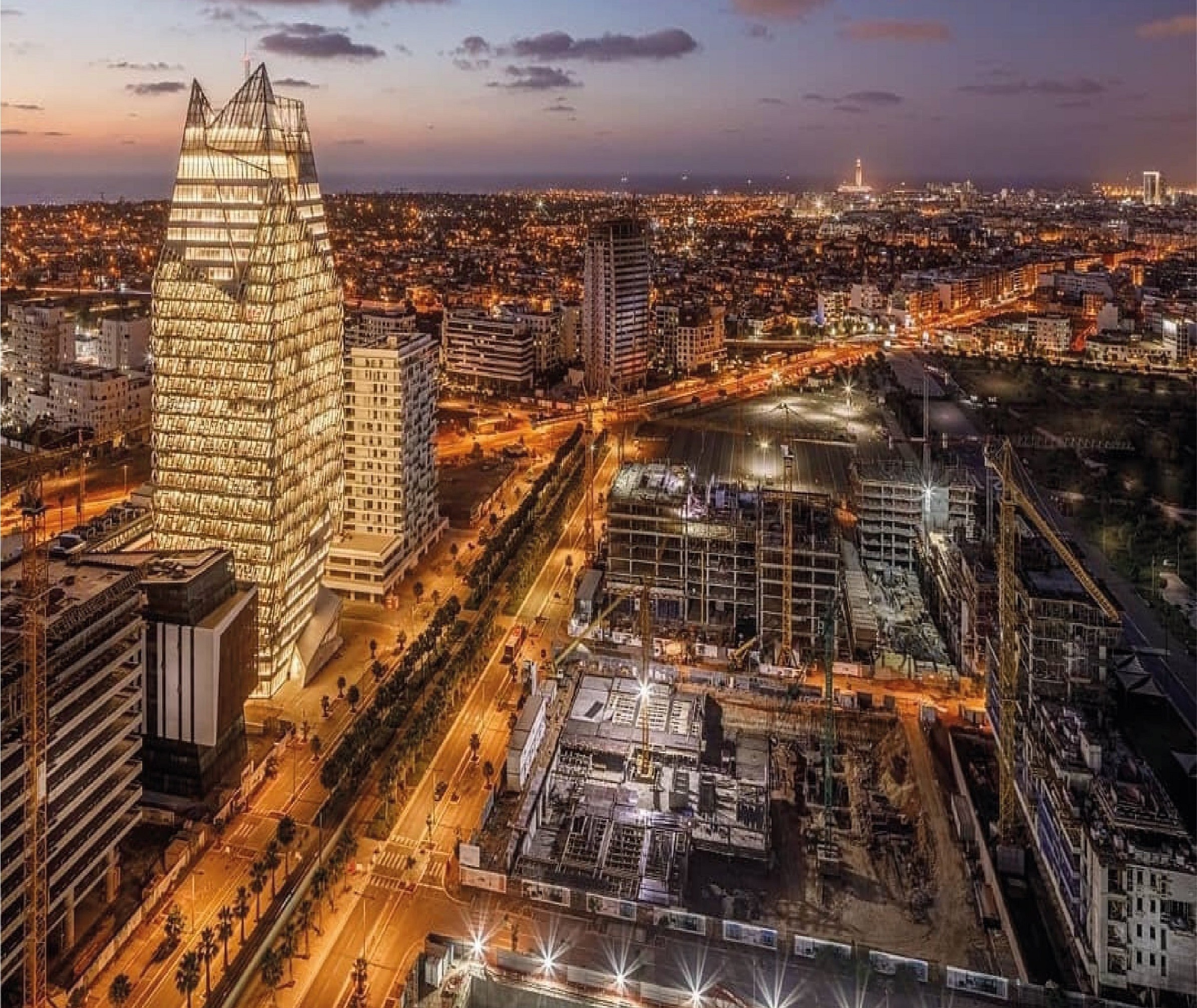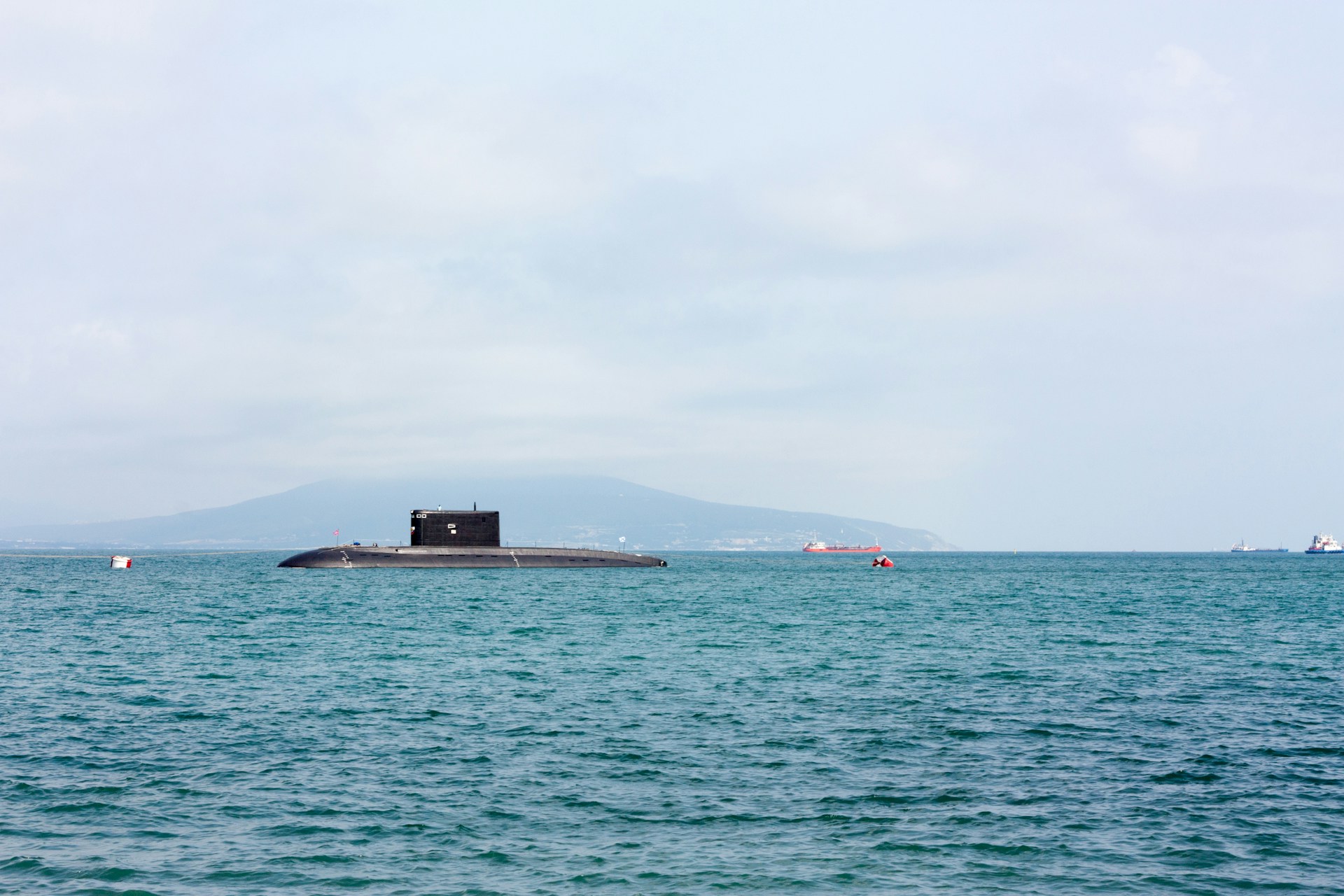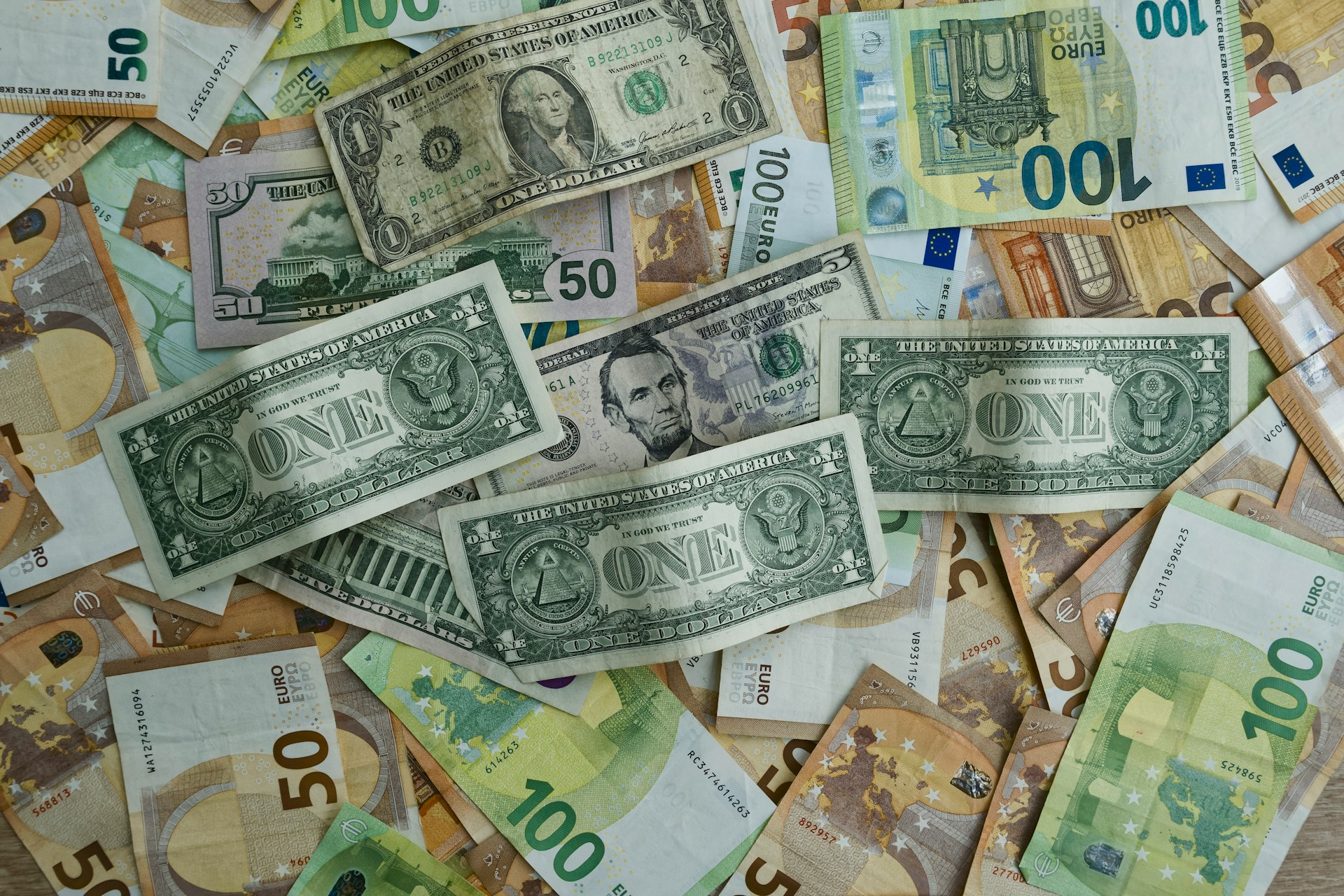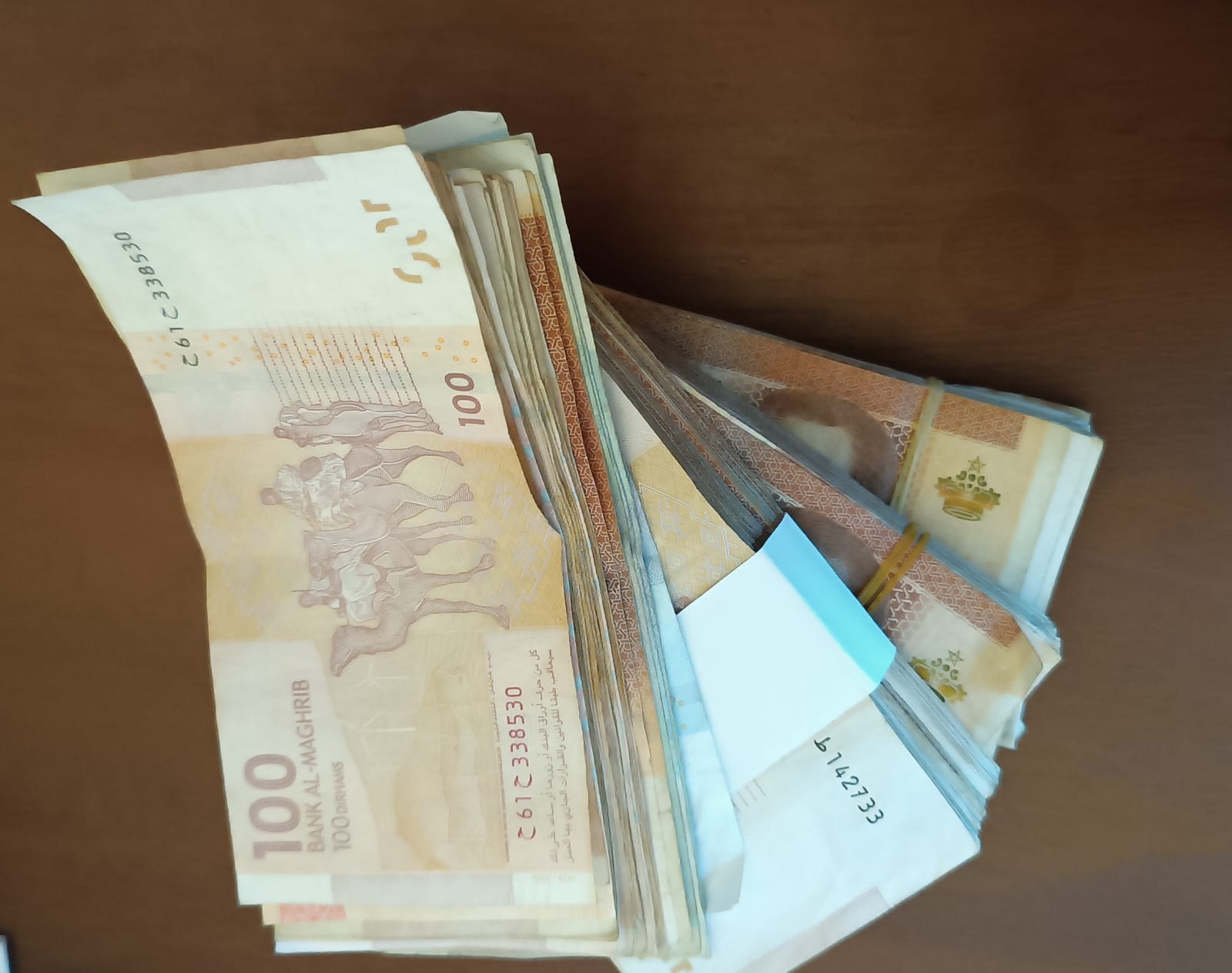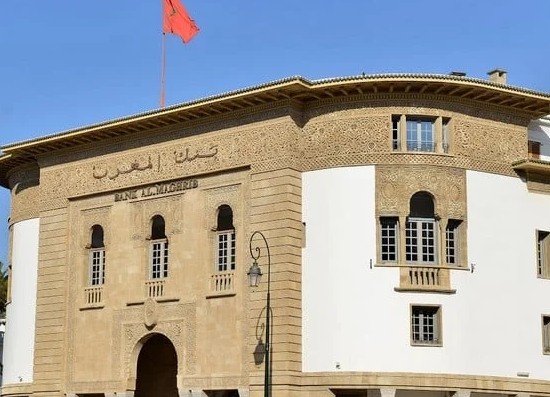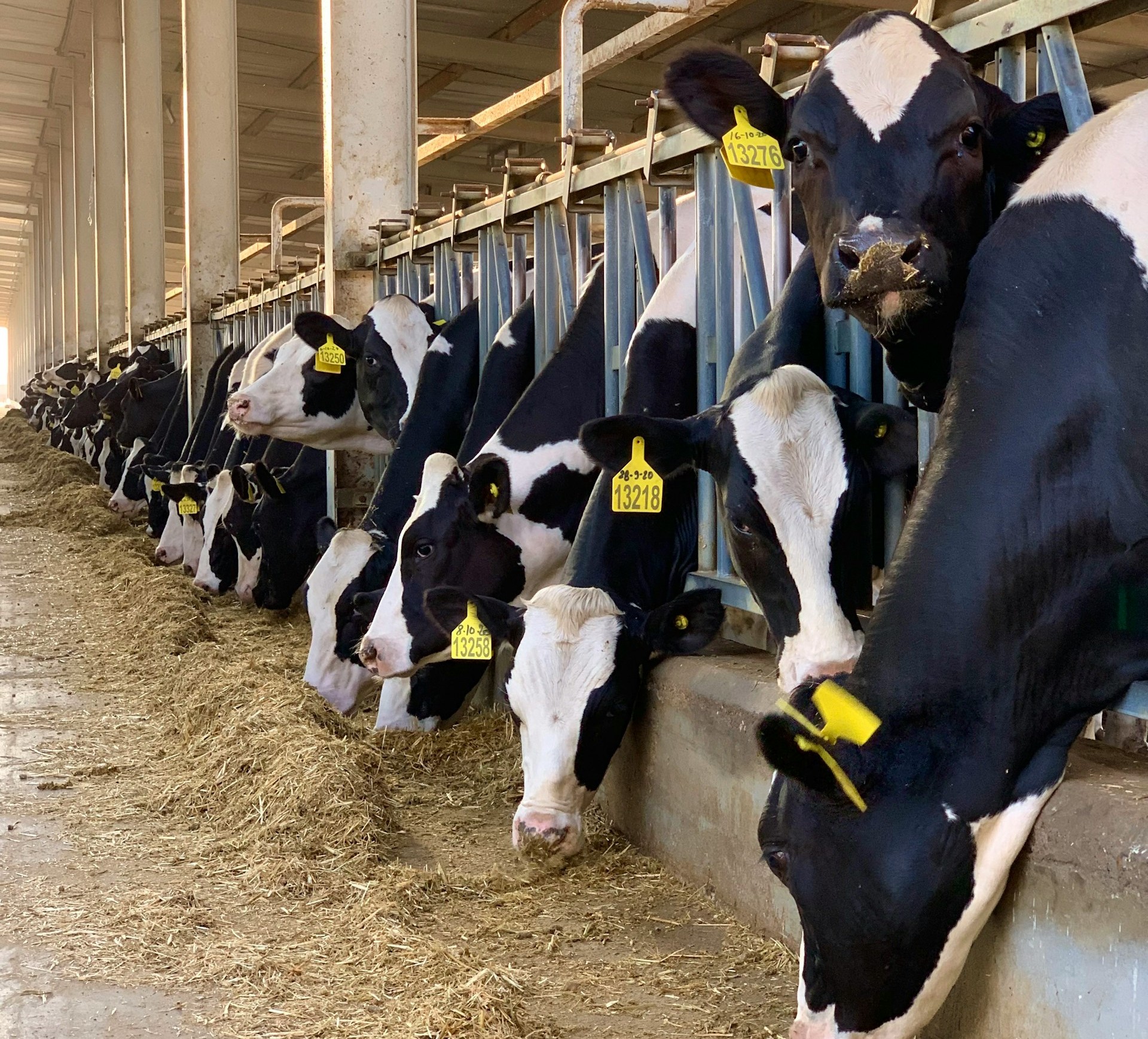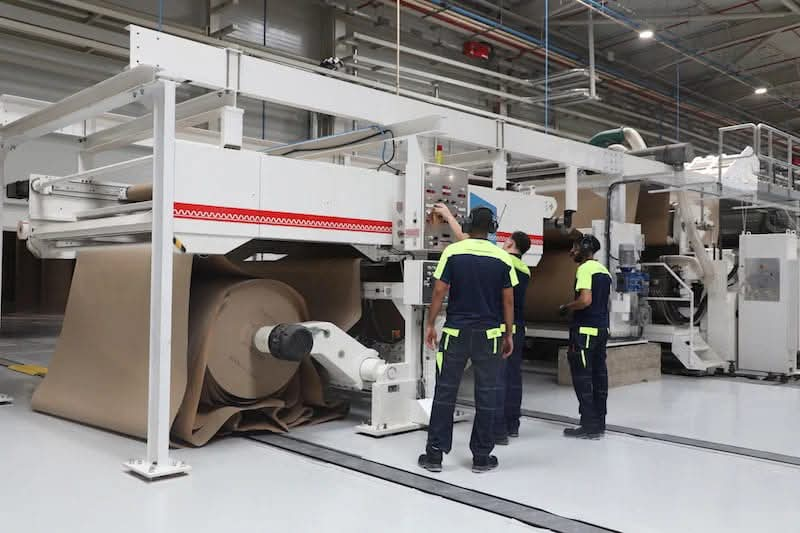Casablanca – Morocco’s latest public finance statistics for the first seven months of 2025 reveal a mixed fiscal landscape marked by declining subsidy spending, notable increases in operating and equipment expenditures, and growth in customs revenues. The figures, published by the General Treasury of the Kingdom (TGR) in its July 2025 Monthly Bulletin of Public Finance Statistics, provide an updated snapshot of the country’s revenue and expenditure trends against the backdrop of the 2025 Finance Law targets.
Subsidy spending falls sharply
By the end of July 2025, expenditures related to subsidies — also known as compensation — amounted to about $670.1 million, down 19.2% from the same period in 2024. This figure represents approximately 38% of the full-year forecast set in the 2025 Finance Law, indicating that the government is on track to keep subsidy costs contained.
The drop in subsidy spending aligns with ongoing reforms to Morocco’s compensation system, which in recent years have aimed to reduce fiscal pressure from subsidies on energy and certain staple goods.
Operating expenditures continue to rise
While subsidy spending declined, operating expenditures grew significantly. Issued operating expenses totaled $20.13 billion by the end of July 2025. Within this category, salaries and wages accounted for $10.73 billion, marking an 11.5% year-on-year increase.
This growth reflects adjustments to public sector pay, expansions in staffing for essential services, and the impact of previously agreed wage agreements. Salaries remain the largest single component of Morocco’s recurrent spending.
Equipment and common charges surge
Capital and operational investment in equipment also rose. Equipment expenditures reached $5.26 billion, an 11% increase from 2024 levels, reflecting ongoing infrastructure projects and upgrades in public services.
Common charges — a category that includes various shared costs for public administration — posted an even sharper increase of 39.1%, totaling $2.99 billion.
Increase in tax refunds
The Treasury also reported a 39.7% rise in the general budget’s share of tax exemptions, deductions, and refunds. The main drivers were:
- Domestic VAT refunds, which increased to $805.2 million from $617.5 million in 2024.
- Corporate tax refunds, which rose to $309.3 million from $174.2 million.
Such increases in refunds reflect both higher refund claims by businesses and government efforts to accelerate repayment processes, particularly for VAT credits.
Customs revenues register solid growth
On the revenue side, Morocco’s net customs receipts reached more than $5.65 billion by the end of July 2025, up 5.8% year-on-year. These revenues include customs duties, value-added tax (VAT) on imports, and the domestic consumption tax on energy products, net of refunds and exemptions totaling $5.98 million.
A breakdown of the customs figures shows:
- Net customs duties revenues of $947.4 million, up 1.1%.
- Net VAT on imports of $3.53 billion, up 4.5%.
- Net domestic consumption tax on energy products of $1.16 billion, rising 14.2%, after deducting $4.02 million in refunds and exemptions.
Gross customs revenues stood at $5.66 billion, representing a 5.7% improvement compared to the same period in 2024.
Fiscal balancing act ahead
The latest data underscores the government’s dual challenge of managing expenditure growth while ensuring stable revenue flows. The sharp drop in subsidy costs provides some relief to the budget, but rising wage bills and increased equipment spending add pressure to public finances.
The growth in customs revenues is a positive sign for fiscal resilience, particularly amid global trade uncertainties and fluctuating energy prices. However, the continued rise in tax refunds — while beneficial for the private sector — may temper the net revenue gains in the coming months.
As the year progresses, the government will need to balance these competing fiscal dynamics to remain aligned with its 2025 budgetary targets, while maintaining investments in infrastructure, public services, and economic development.
